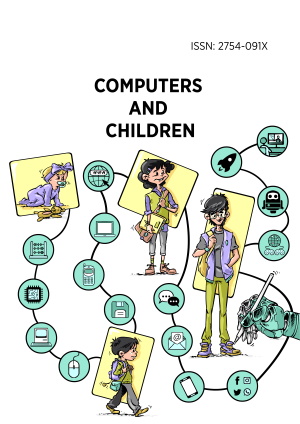Abstract
This research delves into assessing students’ competency in designing and presenting digital science posters within a project-based learning framework. Participants included all students enrolled in the early childhood science introduction course at State Islamic Institute of Kerinci. Over an 8-week period, students had the opportunity to develop their projects, subsequently evaluated through four type assessments: self-assessment, peer-assessment, lecture-assessment, and external expert-assessment. Varied assessment strategies were employed to ensure fairness and prevent bias. Correlational analysis aimed to unveil relationships between data associated with digital science poster presentations. Results demonstrated that project-based learning, specifically through poster design and presentation, yielded significant benefits for pre-service early childhood teachers. Correlation analysis (Spearman’s rho) showed a high and significant correlation (rs=0.717 , ρ=0.003 ) between students’ abilities in designing and presenting digital science posters. Despite the existence of assessment rubrics, self and peer-assessment struggled to provide accurate and reliable data. The study recommends implementing project-based learning activities, such as poster development and presentation, across diverse content, approaches, and educational levels.
License
This is an open access article distributed under the Creative Commons Attribution License which permits unrestricted use, distribution, and reproduction in any medium, provided the original work is properly cited.
Article Type: Research Article
Computers and Children, Volume 3, Issue 2, 2024, Article No: em008
https://doi.org/10.29333/cac/15211
Publication date: 26 Sep 2024
Article Views: 1574
Article Downloads: 2151
Open Access References How to cite this article
 Full Text (PDF)
Full Text (PDF)